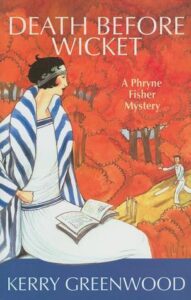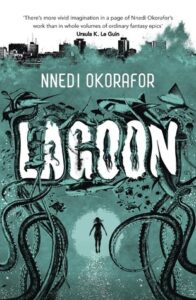 Lagoon, Nnedi Okorafor
Lagoon, Nnedi Okorafor
Received to review via Bookbridgr
I’ve been meaning to pick Lagoon up ‘next’ for far too long, so hurrah, finally I have done so! I picked it up partway through New Year’s Eve, in fact, and finished it in one go: it’s a very lively, dynamic book, with various different points of view — including a swordfish who turns herself into a monster, the better to sabotage oil pipes on the sea bed. (It makes sense in context, I promise.) There’s a whole bunch of different people, people speaking Pidgin, LGBT people, a woman who is a marine biologist, people of all kinds of beliefs and none… and aliens, making first contact, for the first time, in Nigeria.
It’s an almost unique setting for a fairly common SF trope, in my experience: normally, like the big blockbuster movies, the aliens go to the President of the US, and don’t stop to wonder about the leader of Nigeria. And it brings in all kinds of elements that would be out of place in a USian setting: folklore and legends, witchy powers, superstitions about those (which aren’t gone in the “Western world”, but are different). All of this make it something fresh and different.
Unfortunately, it didn’t quite work for me — a bit too jumpy, a bit too chaotic, and perhaps I missed some key transitions or something, because I wasn’t always sure why one thing led to another — I described the narrative as ‘hopping’ when trying to talk about it to a friend. A slightly different storytelling style than I’m used to, perhaps. And I felt that some threads were just dropped: Ijele, for example, and the LGBT+ group who had a couple of chapters but then fizzled into nothing. (Which is especially bothersome to me when they’re used to ratchet up tension, and they’re actually in danger, and then the narration just… loses interest? Not cool.)
Lagoon is an interesting one, anyway, even though it’s not quite my thing.
Rating: 3/5
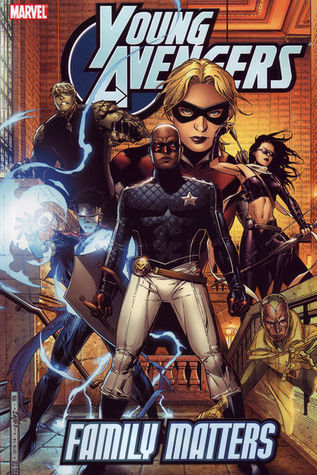 Young Avengers: Family Matters, Allan Heinberg, Jim Cheung
Young Avengers: Family Matters, Allan Heinberg, Jim Cheung
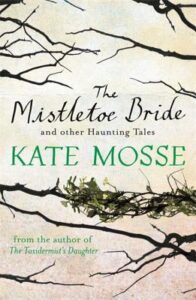

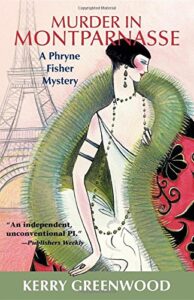
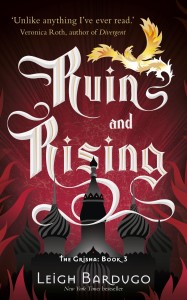
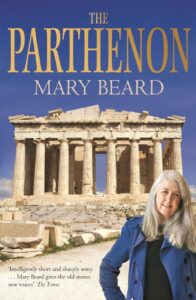
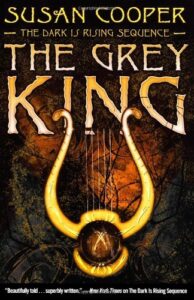
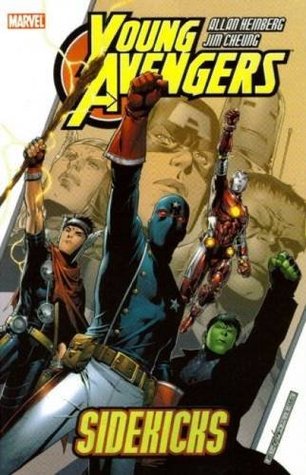 Young Avengers: Sidekicks, Allan Heinberg, Jim Cheung
Young Avengers: Sidekicks, Allan Heinberg, Jim Cheung
